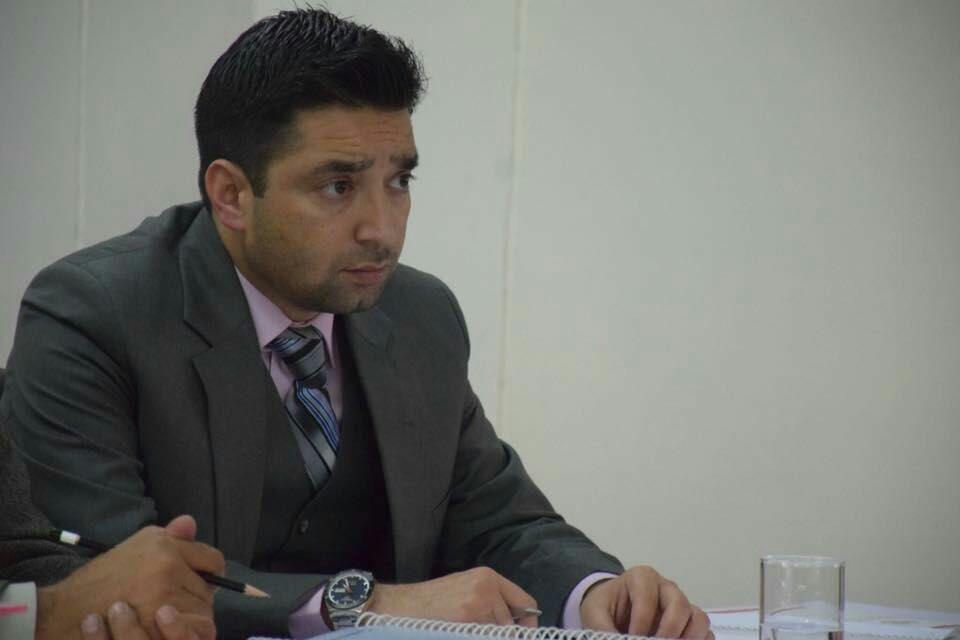
Internally sometimes called the youngest legal head of India’s largest and oldest biscuit maker, Britannia Industries head of legal Burhan Khalid has litigation on his platter, and a lot of it.
“We are an extremely large nation both in terms of demography and size,” said Khalid. “You can climb to places where there is hardly any oxygen but you will find Tiger and GoodDay biscuits even there. That’s the reach of Britannia, today.
“However, this also opens us to number of concerns and litigation that comes on account of understanding of nature of product and business.”
Around 50 per cent of the resources of Britannia’s legal team are spent in contesting litigation “out of which there is seldom any conviction, since strict compliance checks are always in place before launching any product”, said Khalid.
Clarification: An earlier published version of this article included several inaccuracies. Those have now been corrected.
Volume and complexity
Britannia edged past Parle in 2015, with a 28 per cent market share in the bakery segment, and as of December 2016 was second only to Amul in the Dairy segment too, with Amul being a company several times Britannia’s size, jointly owned by millions of milk producers.
Britannia’s business is spread across Asia, Europe and Africa. “We are truly a global team,” Khalid, who is based in Bangalore, remarked, saying that a brand spread across three continents cannot “avoid and ignore” certain issues that smaller players can.
“Fundamentally, volume is directly proportional to the complexity [of the business]. And the complexities give rise to problems that are legal and regulatory in nature.”
“It is the legal team’s responsibility to cater to these needs. We cannot accept the law as an estoppel to business growth. We have to find a way out to marry the requirements of law with business. To bring the necessary objections [in trademark cases]. We need to understand the laws in various jurisdictions while entering into [business] agreements [to manufacture and sell in those jurisdictions].”
Britannia has now instituted a compliance management portal – as some other “responsible” organisations were also doing, he said - to track the status of compliance at “the click of a button”.
(Khalid is a Hindustan Unilever alumnus, having worked there between 2007 and 2013, followed by nearly three years at Fox-STAR Network before joining Britannia in May 2016).
The Britannia legal team has also institutionalised its artwork process and has standardised its agreements, he added.
Litigation strategy
“We are not a rash organisation,” stated Khalid. “We don’t challenge without thought or rationale. Instead, we believe in interacting with the concerned party and convincing them of our stance.”
Khalid has recently received a favourable Judgment from Delhi High court in its copyright battle against ITC. The Delhi high court in September restrained Britannia from distributing the stock of its NutriChoice Digestive Zero in its present form, after ITC alleged that Britannia had copied the packaging of ITC’s digestive line of biscuits (the Sunfeast Farmlite ALL GOOD).
Britannia appealed against the interim injunction, through senior advocate Sudhir Chandra Aggarwal, briefed by Sagar Chandra & Associates
Khalid said that Britannia’s packaging color combination was not taken from ITC’s packaging, and therefore Britannia had initially reached out to ITC for discussion and negotiation across the table. “Since they had a difference of opinion, both parties left it for the judges to decide in court,” he said. “The court has recently ruled in Britannia’s favour.”
“This [litigation] is just an example to stress on the fact that we do believe in advocacy and negotiation but if that doesn’t yield a resolution, we will contest,” he noted.
Food standards
The legal arms of food companies in India are often bogged down by legal challenges that result not from violations but from the lack of awareness.
Khalid noted that the implementing authorities in India need to enter into a continuous dialogue with corporates, especially in the food business, to understand their systems and processes, as there are multiple statutes that overlap with each other and at times are even in conflict with each other. Food companies have to comply with all.
The Khalid approach
After he joined Britannia legal, Khalid wasn’t shy to challenging decisions.
“We have to take decisions based on our need. We decided to keep ourselves agile to the business need. There is no straightjacket formula.
“Personally, the experience I have gained is that you should always have a local approach. Think global but act local,” he said.
“For example, you may have your issue coming up in Indore. There is no need to bring a lawyer from Mumbai and Delhi [for that issue]. Sometimes [the local lawyers] may not be up to my speed, but I can work on that - it is a one-time investment. he hoped that India’s litigious approach would change, and for the prosecution to discuss the merits of a case with the defence outside court
“We are exploring new talent, giving work to young and fresh talent who are capable of delivering,” explained the Aligarh Muslim University 2005 law graduate.
Khalid said that his ‘local’ approach helped Britannia substantially reduce costs, though he said he hoped that India’s litigious approach would change, and for the prosecution to discuss the merits of a case with the defence outside court, and go ahead with litigation only if there were actual merits in a particular case.
“As an in-house counsel I would say the complexity of the business increases the value of the in-house counsel. At times you think there is no answer and start wondering what could be the correct answer and live with it. That is the challenge we have to take,” he rued.
threads most popular
thread most upvoted
comment newest
first oldest
first
threads most popular
thread most upvoted
comment newest
first oldest
first